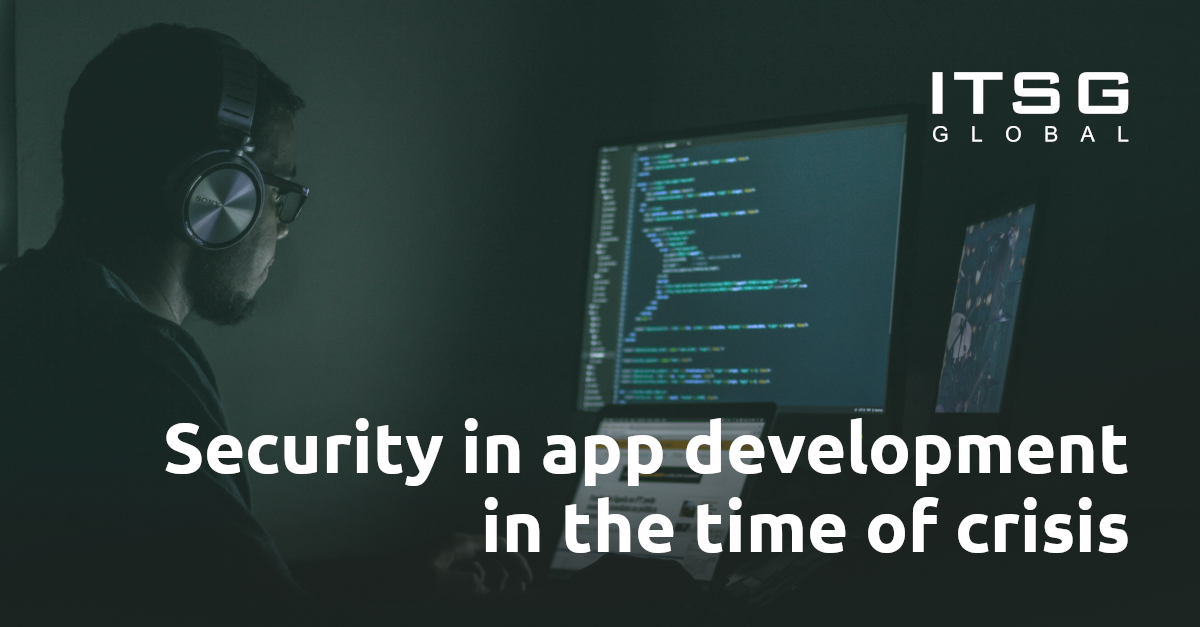2 August 2022

It doesn’t matter what kind of app you need – basic expectations are quite similar. Apps should be intuitive, user-friendly, provide opportunities for growth and serve their original purpose, but, maybe most of all, they should be safe and provide security for your data.
Security in app development shouldn’t be perceived as something like a bonus, since it’s more of an absolute necessity. It’s especially vital if you use said application for processing your client’s data. The whole idea behind implementing an app in your business is to enhance the communication between your team or even your product itself and the customer.
Since there is an app for possibly everything, this is exactly why people behind the ideas and creative/technological process must think about how to transmit the sensitive data crucial for their customer’s safety as much as for their reputation.
So here we go with our top 5:
1) Embrace the Bring Your Own Device concept
It’s more than certain that at some point your employees will use their professional devices into something personal and not necessarily the safest. Your app might get installed on as many devices as you can think of, so this is the reason behind making sure that the app itself is safe. And this leads us to rule number one – encrypt source code. It’s a way considered one of the best to secure your application against external threats.
2) Perform test
Security testing is a must, so when your team of developers tells you that this process itself requires time – believe them. It’s in your best interest to detect potential loopholes during testing and not after you will have to inform your clients about leaks.
3) Speak with your employees about the importance of Authentication
Authentication is a really nice word for strong passwords. The point is – everyone knows how strong passwords are expected to look like and 5 minutes later they choose something like name-of-their-child-its-date-of-birth-exclamation-mark. It is however possible to design the app in a way that will accept only specific combinations of signs and therefore force its users to become at least slightly more creative.

4) Consider cloud computing
One thing that might save you a lot of headache is to keep as little data as possible in the local memory of the device. This brings us back to the issue of people installing professional apps on their private devices or vice versa, so if you can keep your sensitive data up in the clouds, so to say, please consider this idea. More importantly, cloud-native applications require less manual configuration, which means that your developers waste less time on analyzing potential and real risks.
5) Cooperate with somebody who understands all of those points above
You are not expected to know everything about data security – you just want an app that will fulfill its purpose in the great scheme of things that’s your business. To be sure that somebody has thought about the safety of your data, choose a business partner who will explain to you basic risks and ideas to cover them. In the end it’s a luxury for you to be the visionary behind your business and have professional support to cover your back.
Author: Leszek Warzecha, Digital Marketing Specialist at ITSG Global






